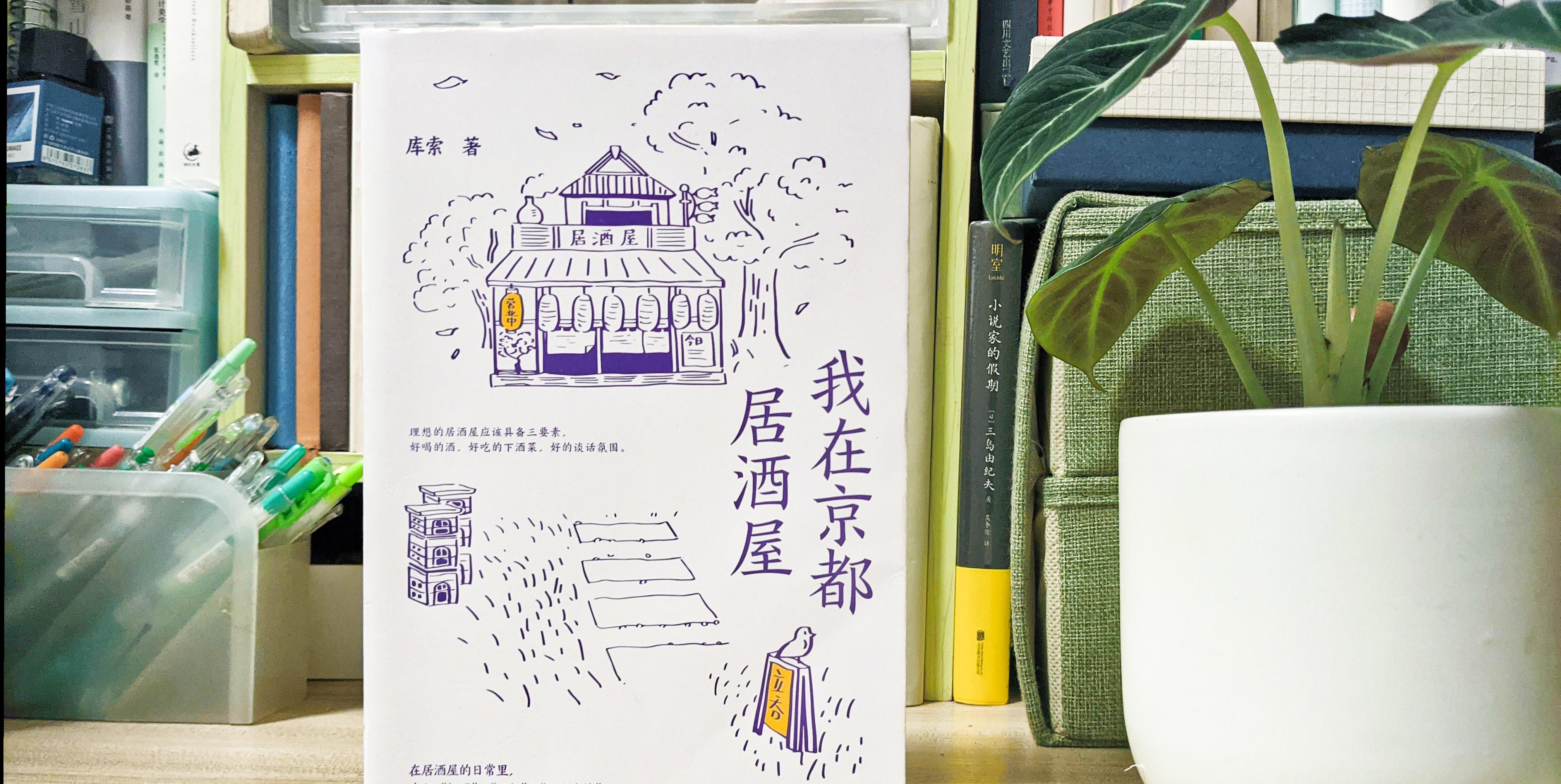Author: Pillow Cold

In a cabin, guests sit around a long table with the word "匚", or enjoy a bowl of ramen noodles, or a slow cup of sake, and occasionally have a polite chat with the neighboring table. A guest came in with a curtain and tacitly ordered dishes outside the menu. Inside the long table, the boss played by Kobayashi Fumi happily accepts it, sometimes busy in the small kitchen, sometimes listening to the conversation of customers, and the face with knife scars is full of vicissitudes. People from different backgrounds meet and separate here, taking away the comfort they get from simple cooking, and absorbing the strength of loving life drawn from talking about wine.
This is the scene of the Japanese drama "Late Night Canteen" throughout the play, and it is also the whole understanding of izakaya before I opened "I am in Kyoto Izakaya". This book is a series of books created by Kuso on "Kyoto Workers", which selects the twelve izakayas that she often visited during her six years of settling in Kyoto, and unveils the real and complete izakaya ecology to readers from the perspective of a regular customer.
As a space to eat and drink, the appeal of the izakaya comes first and foremost from sake and food.
When he was young, Mr. Sakata, the owner of Shinma, aspired to become a high-class chef, and his father returned home to take over the izakaya after his father fell ill, and he always made it his mission to let guests taste the best food in the season, carefully selecting the origin of ingredients.
Junpei, the owner of the cafeteria Shimizu, is passionate about making fruit soaking wine, and has tried hundreds of pairings, but not every flavor has won the admiration of customers, and there have been failed attempts to pair tomatoes with oranges; the meat steak used to accompany the fruit soaking wine is the meat steak dish, especially the thick pork chop sandwich is the most popular.
Takaka, the owner of Yanagikoji Takashi Sake Brewery, worked in a Michelin restaurant in Italy as a young man, and later returned to Kyoto to open a sake brewery, which specializes in Japanese sake, but also offers a rich flavor of fruit bartending, and offers hidden menu services like late-night cafeterias, where regular customers order different dishes every time they visit...
In addition to the main course, the author carefully prepares twelve kinds of kyoto-common snacks and Japanese sake as desserts in the night, which can be regarded as a map of Kyoto cuisine.
Travel writer Liu Zichao once said that the important thing is to meet people, and history can be written whether it goes or not. Cusso also expresses a similar view in the book: it does not matter what kind of wine to drink, what is important is to meet.
Food and wine are just clues, a place that can make regular customers frequent and always worry about going to a drink, and what is timeless is the atmosphere and the connection between people, which is described by a word that often appears in a cheesy comic - bondage. As the author puts it: "Delicious cuisine is taken for granted, and the joy felt there – maybe the atmosphere, maybe the conversation, maybe something else – is the charm of a shop." ”
Some izakayas have a relaxed and pleasant atmosphere, you can chat with the neighboring table at will and quickly get acquainted; some only have one day off a year, whenever you want to have a drink on a whim, it is there; some can share the same delicacy with the guests, although they are strangers, they can talk freely and nonsense like acquaintances; some treat the guests as neighbors and friends, the regular customers have not yet opened their mouths, and the bartender already knows what he wants to drink... Guests meet briefly in the izakaya, and this friendship may extend into each other's lives.
Curso writes that izakaya always presents an honest authenticity, being able to go with the flow and say everything. So, for her, venturing out in different izakayas is where she begins to try to meet, understand and integrate in the city, to try to build a daily relationship.